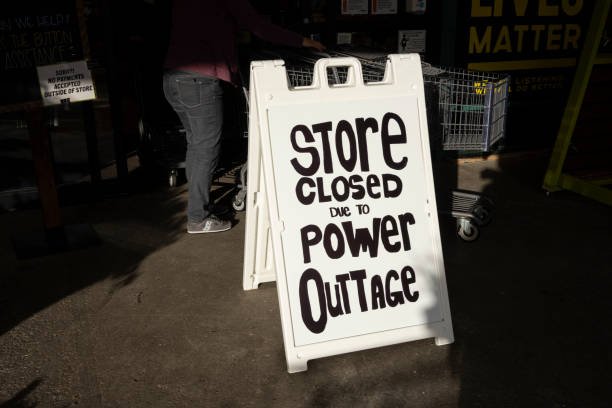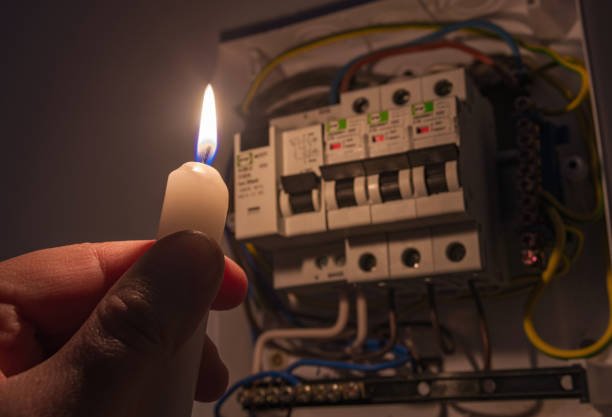Load shedding, a controlled power outage implemented by utility companies to balance electricity supply and demand, can have a significant impact on various industries. The intermittent disruption of electricity supply can result in productivity losses, financial setbacks, and operational challenges for businesses. In this article, we will explore some of the industries that are most affected by load shedding.
Industries Most Impacted by Load Shedding
- Manufacturing and Industrial Sector: The manufacturing and industrial sector heavily relies on a consistent and uninterrupted power supply to operate machinery, production lines, and critical infrastructure. Load shedding can lead to disruptions in manufacturing processes, resulting in decreased production output and increased downtime. This not only affects the revenue and profitability of manufacturing companies but also impacts the supply chain and delivery schedules, potentially causing customer dissatisfaction.
- Information Technology and Communication: The IT and communication sector heavily depends on electricity to run data centers, servers, and telecommunications infrastructure. Load shedding can disrupt internet connectivity, server operations, and data transmission, causing service interruptions, delays in online transactions, and decreased efficiency in digital operations. Companies providing online services, e-commerce platforms, and data-driven solutions may experience significant financial losses due to load shedding.
- Healthcare and Medical Services: Hospitals, clinics, and medical facilities require a continuous and reliable power supply to operate critical life-support equipment, diagnostic tools, and medical technology. Load shedding can compromise patient care, disrupt surgeries, and impact the functioning of intensive care units. In emergencies, power outages can hinder medical procedures, delaying treatment and potentially endangering lives.
- Hospitality and Tourism: The hospitality and tourism industry heavily relies on electricity for lighting, heating, cooling, and food preparation, among other essential services. Load shedding can affect the comfort and experience of guests, leading to dissatisfaction and potential revenue losses. Hotels, restaurants, and entertainment venues may have to resort to alternative power sources, which can increase operational costs and reduce profitability.
- Retail and Commercial Businesses: Load shedding can impact retail and commercial businesses by disrupting point-of-sale systems, refrigeration units, and lighting. This can result in inventory losses, decreased sales, and inconvenience to customers. Small businesses, in particular, may face difficulties in resuming operations after power outages, causing financial strain and potential closures.
- Agriculture and Food Processing: The agriculture sector requires electricity for irrigation systems, crop storage, and food processing facilities. Load shedding can disrupt irrigation schedules, leading to water scarcity and reduced crop yields. Furthermore, power outages can affect food processing plants, causing spoilage and waste of perishable goods. This can have a significant impact on food security, supply chains, and ultimately, consumer prices.
Load shedding has far-reaching implications for various industries, affecting productivity, profitability, and service delivery. While utility companies and governments work towards improving electricity infrastructure and addressing power supply challenges, industries must develop contingency plans, invest in backup power solutions, and explore energy-efficient practices to minimize the adverse effects of load shedding.



